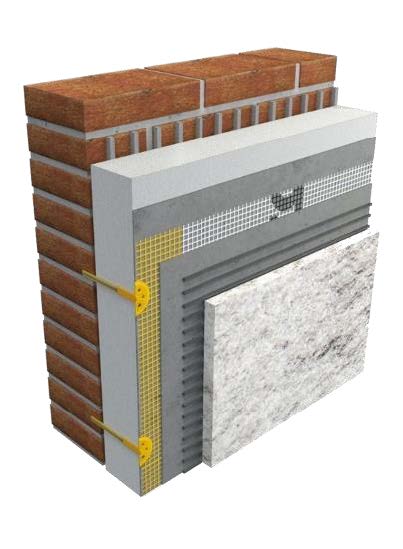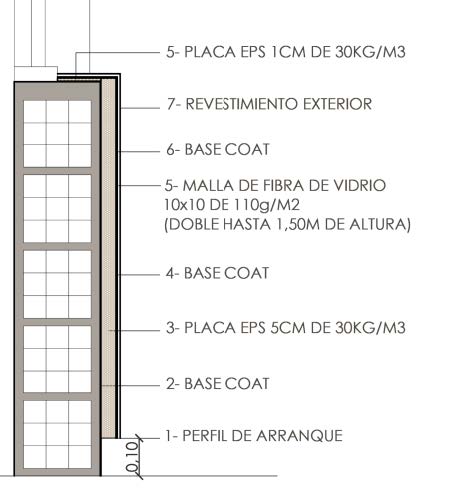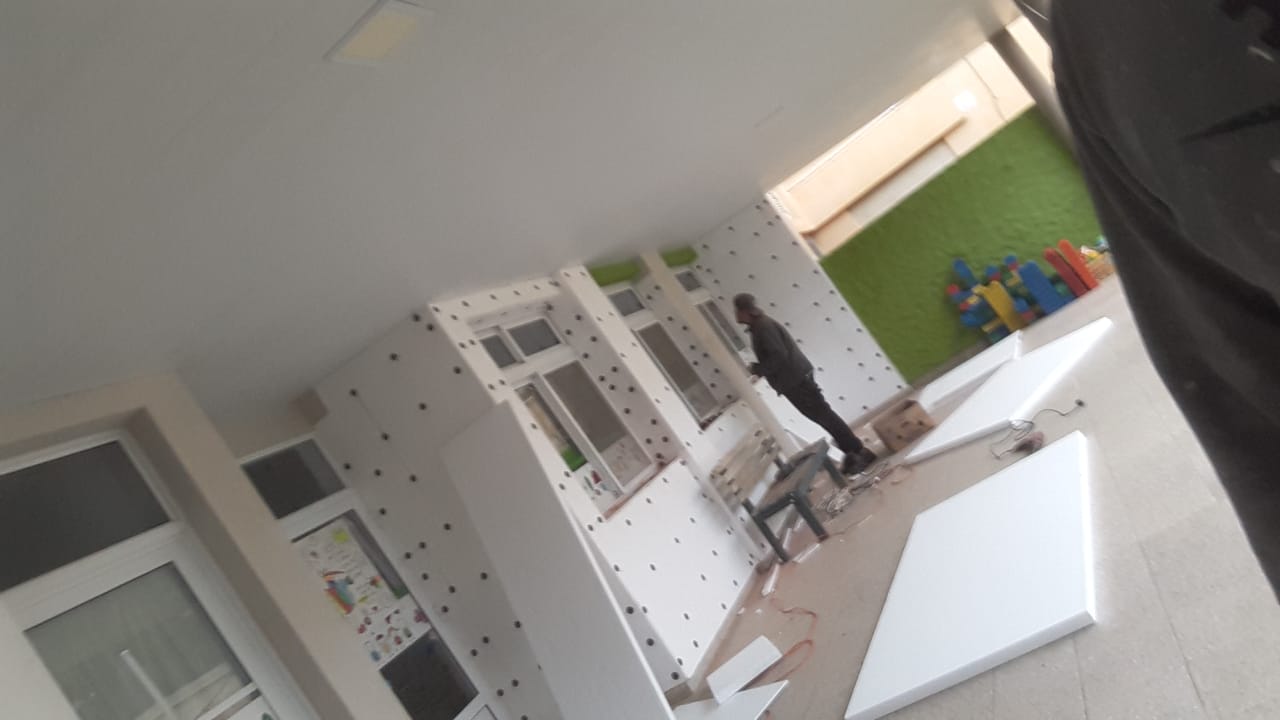In a significant step towards sustainable and energy-efficient solutions, Three cities in Argentina have started ambitious energy efficient renovations of municipal buildings. These renovations mark the commencement of a broader initiative, designed to enhance energy efficiency within municipalities throughout this South American nation.
Many municipalities across Argentina are grappling with the challenge of delivering public services amidst financial constraints. The opportunity to save significant sums through investment in public buildings shows the opportunities of energy efficiency as a low-hanging fruit of climate action.
As the contracts for these energy rehabilitation projects are signed, work is officially underway in the municipality of Camilo Aldao, along with the communes of San Carlos Sud and Soldini. These projects are expected to deliver substantial energy savings, with estimates ranging between 45% and 56%.
Low-cost Energy savings and emissions reductions
The renovations are part of an initiative, named Sustainable Energy in Municipal Buildings.
It aims to catalyze energy efficiency on a local level by creating programmes and support mechanisms for local authorities to develop, finance, and implement energy-efficient public policies.
One of the buildings being renovated is a kindergarten in San Carlos Sud, where retrofitted insulation will reduce energy consumption by 45% and improve the comfort for the children and adults using the building.
Sustainable Energy in Municipal Buildings works directly with 13 provinces and 32 municipalities in Argentina, while indirectly having contact with 1,298 municipalities.
Behind this initiative is a consortium of partners, including the National University of La Plata, the Argentine Network of Municipalities against Climate Change (RAMCC), and the UNEP Copenhagen Climate Centre. The programme receives funding from the European Euroclima+ program, with support from the French development agency, AFD.
The renovations across Argentina underscore the recognition that energy efficiency is a low-cost, high-impact avenue to achieve climate goals. It simultaneously enhances the quality of public infrastructure, reduces energy costs, and significantly contributes to emissions reductions.


